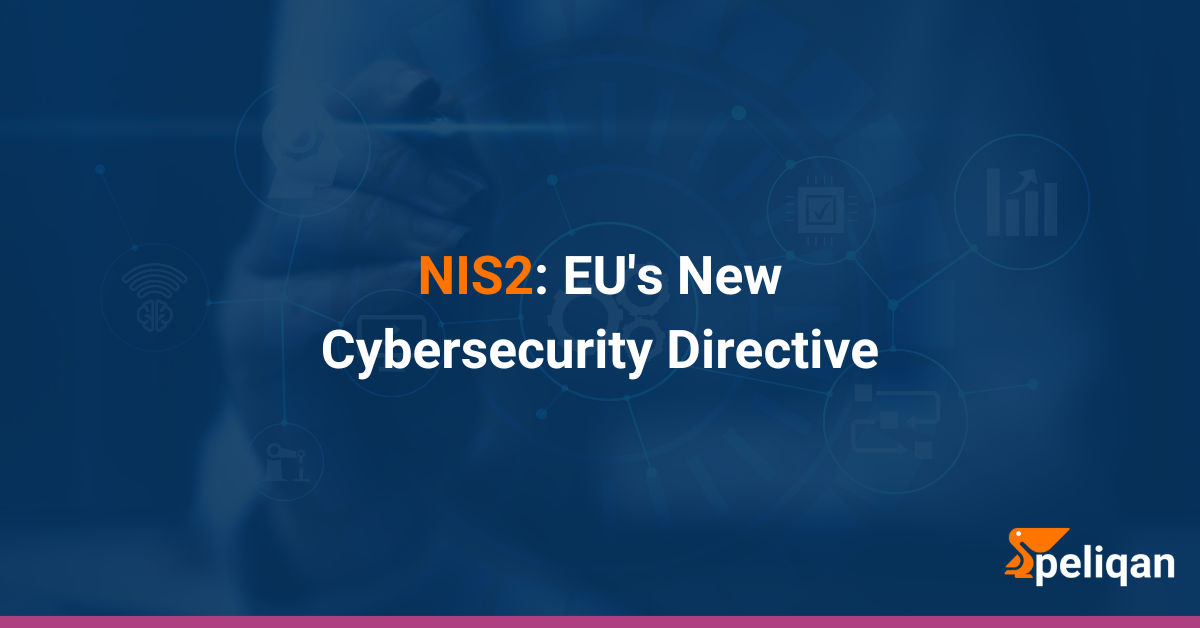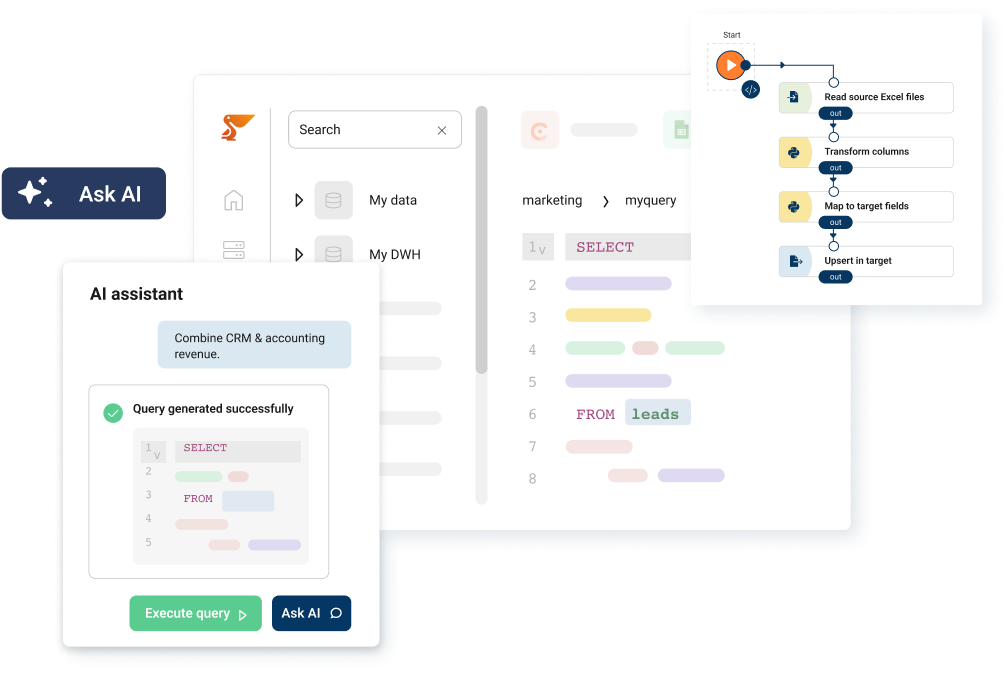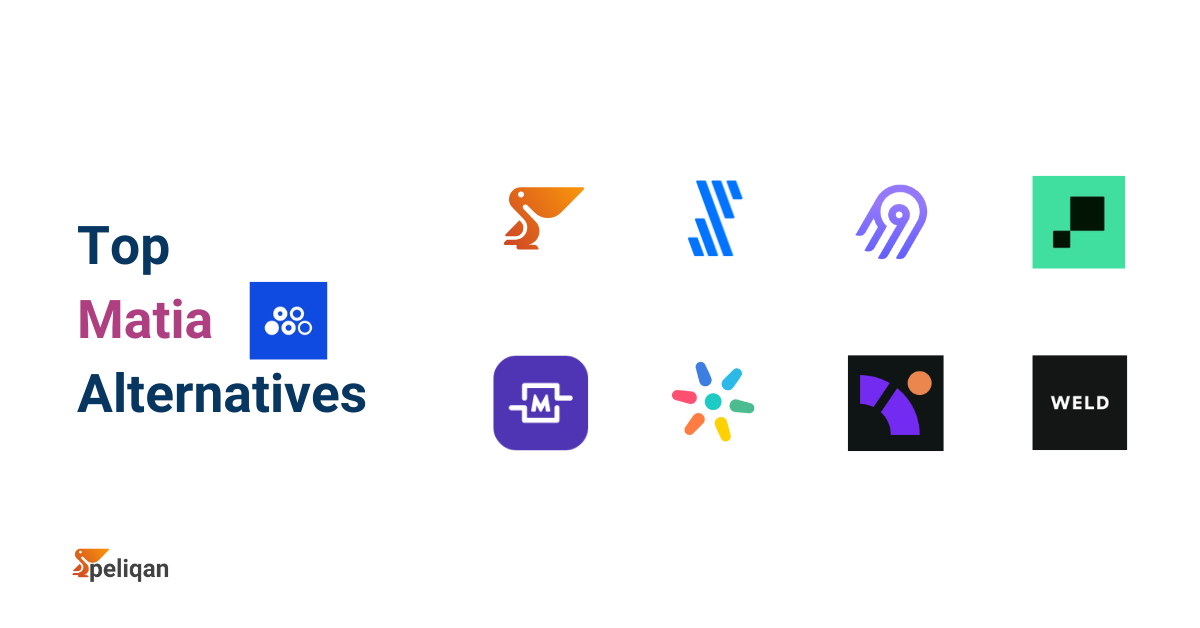Have you ever wondered how governments are working to keep us safe in the digital world? Well, if you’re in Europe or do business with European companies, there’s a new set of rules you should know about called NIS2. Don’t worry if you’ve never heard of it before – we’re here to break it down for you in simple terms.
What is NIS2?
NIS2, or the “Network and Information Security 2” Directive, is the European Union’s latest regulatory framework designed to improve cybersecurity across EU member states. It builds upon and replaces the original NIS Directive, which was introduced in 2016.
NIS2 aims to create a common level of cybersecurity across the EU, addressing the evolving cyber threat landscape and the increasing digitalization of society and the economy.
Why Do We Need NIS2?
The original NIS Directive, while groundbreaking, had several shortcomings:
- Insufficient scope
- Inconsistent enforcement
- Inadequate focus on top management responsibilities
- Lack of clarity in guidelines
NIS2 addresses these issues by expanding its scope, strengthening enforcement mechanisms, emphasizing top management accountability, and providing clearer guidelines for implementation. NIS2 is like a set of security rules for the digital world. It’s needed because:
- Online attacks are becoming more common and dangerous
- Many important services now rely heavily on computers and the internet
- The old rules (called NIS) weren’t strong enough to protect against new threats
Who Does NIS2 Affect?
NIS2 affects two main groups of organizations:
- Essential Entities: These are super important services that society really needs. Think of hospitals, banks, energy companies, and government offices.
- Important Entities: These are also necessary services, but maybe not quite as critical. This includes things like food companies, package delivery services, and social media platforms.
Essential Entities (EE):
- Energy
- Transport
- Banking
- Financial market infrastructures
- Health
- Drinking water
- Wastewater
- Digital infrastructure
- Public administration
- Space
Important Entities (IE):
- Postal and courier services
- Waste management
- Chemicals
- Food production, processing, and distribution
- Manufacturing
- Digital providers (e.g., online marketplaces, search engines, social networking platforms)
If you work for or run one of these types of organizations in the EU, you’ll need to follow the NIS2 rules.
What Are the Main Rules of NIS2?
NIS2 has several key rules that organizations need to follow:
- Keep Things Secure: Organizations must use good security practices to protect their computers and data. This includes things like using strong passwords and keeping software up to date.
- Report Problems Quickly: If there’s a cyber attack or a big computer problem, organizations need to tell the authorities quickly – within 24 hours for a first warning, and more details within 72 hours.
- Check Your Partners: Companies need to make sure that the other businesses they work with (like suppliers) are also taking security seriously.
- Use Strong Protection: This includes using encryption (which scrambles data to keep it secret) and multi-factor authentication (like when you need to enter a code from your phone as well as a password).
- Train People: Organizations need to teach their employees about cybersecurity and how to stay safe online.
Key Requirements of NIS2
1. Risk Management Measures
Organizations must implement appropriate and proportionate technical and organizational measures to manage risks to their network and information systems. This includes:
- Conducting regular risk assessments
- Implementing security policies and procedures
- Ensuring business continuity and crisis management
- Securing supply chains
- Implementing network and system security measures
- Managing vulnerabilities and disclosures
2. Incident Reporting
NIS2 introduces stricter incident reporting obligations. Organizations must report significant incidents to the competent authorities within:
- 24 hours for early warnings
- 72 hours for incident notifications
- 1 month for final reports
3. Supply Chain Security
NIS2 emphasizes the importance of supply chain security. Organizations must assess and manage cybersecurity risks in their supply chains and service providers.
4. Encryption and Multi-Factor Authentication
The directive mandates the use of encryption and multi-factor authentication where appropriate to enhance security.
5. Vulnerability Disclosure
NIS2 establishes a framework for coordinated vulnerability disclosure across the EU and creates an EU vulnerability database managed by ENISA.
Compliance and Enforcement
Supervisory Authorities
Each EU member state must designate one or more national competent authorities responsible for cybersecurity and the supervision of NIS2 application.
Penalties for Non-Compliance
NIS2 introduces significant penalties for non-compliance:
- For essential entities: Up to €10 million or 2% of global annual turnover, whichever is higher
- For important entities: Up to €7 million or 1.4% of global annual turnover, whichever is higher
How Does NIS2 Help Regular People?
Even if you don’t work for a big company, NIS2 can still benefit you:
- Safer Services: The websites and online services you use every day should become more secure.
- Better Protection for Your Data: Companies will have to work harder to keep your personal information safe.
- Quicker Problem Solving: If there’s a cyber attack, companies will have to act fast to fix it and let people know.
The Future of NIS2 and Cybersecurity Regulations
As technology continues to evolve, so too will the cybersecurity landscape. NIS2 is designed to be adaptable, with provisions for regular reviews and updates. Future developments may include:
- Integration of emerging technologies like AI and quantum computing
- Enhanced international cooperation on cybersecurity
- Further harmonization of cybersecurity standards across different regulations (e.g., GDPR, DORA)
Conclusion
NIS2 represents a significant step forward in the EU’s approach to cybersecurity. By expanding its scope, strengthening enforcement, and promoting a culture of cybersecurity, NIS2 aims to create a more secure digital environment for businesses and consumers alike.
As cyber threats continue to evolve, the importance of frameworks like NIS2 in protecting our digital infrastructure cannot be overstated. Organizations operating within the EU should take proactive steps to ensure compliance with NIS2, not just to avoid penalties, but to enhance their overall cybersecurity posture and contribute to a more resilient digital ecosystem.





